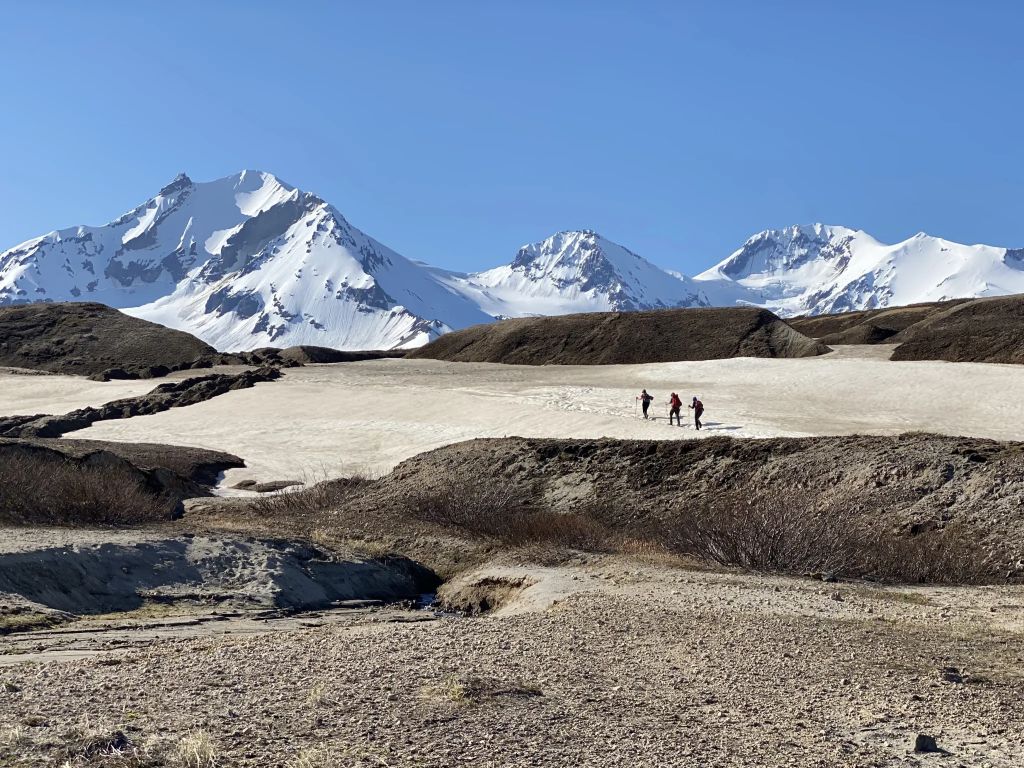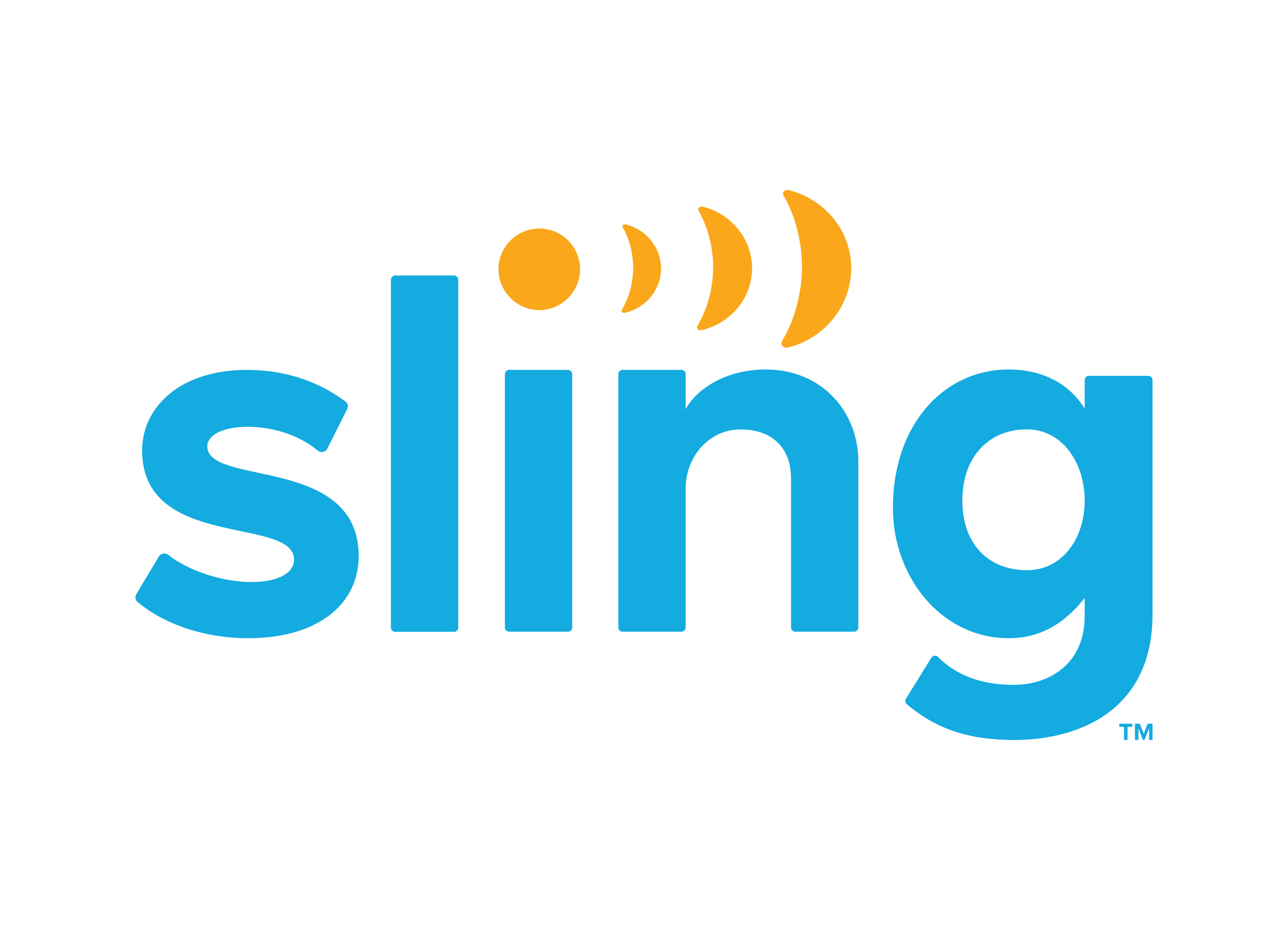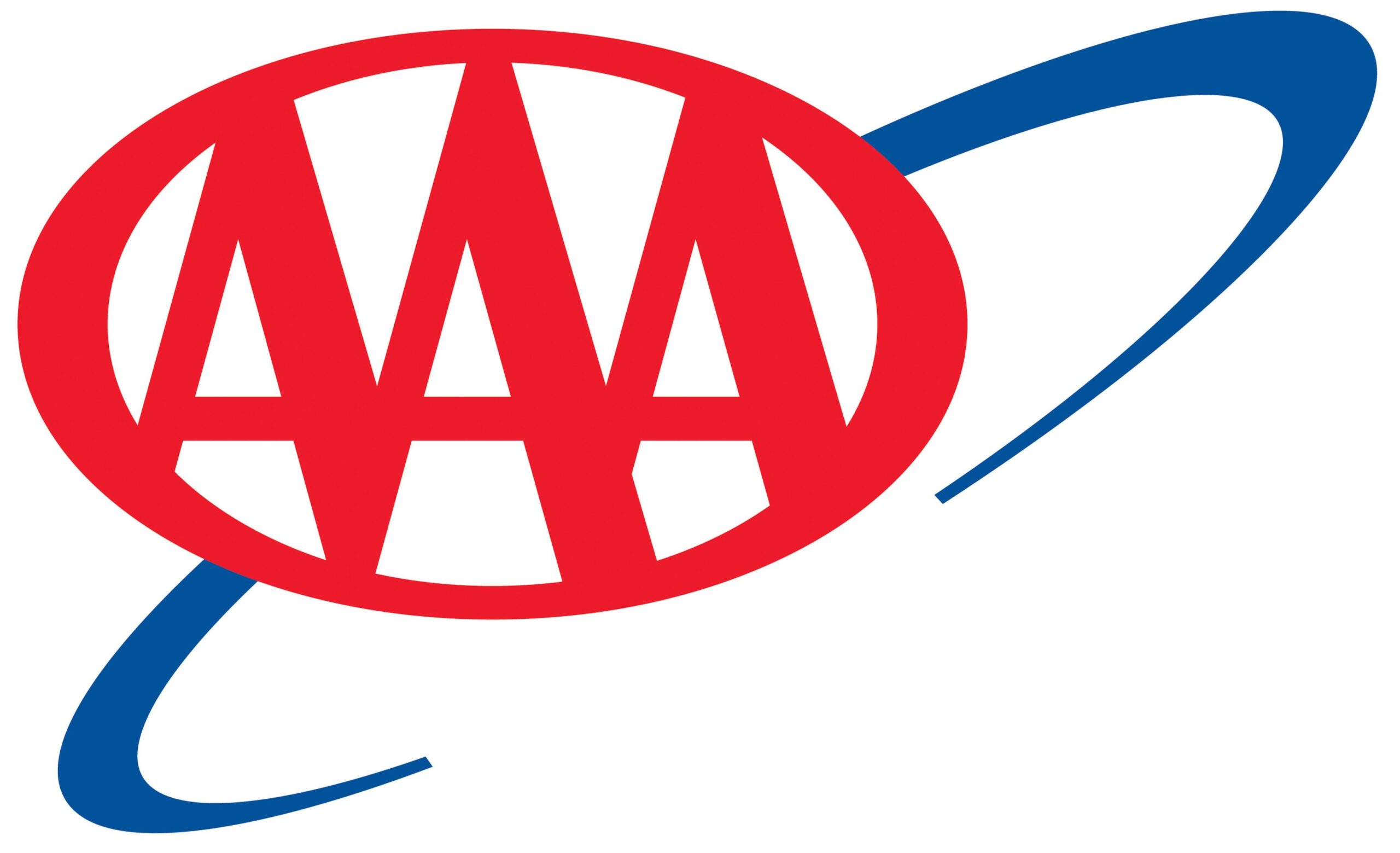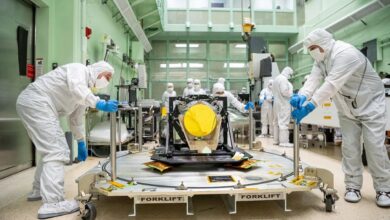NASA, International Astronauts to Speak with Students in Two States
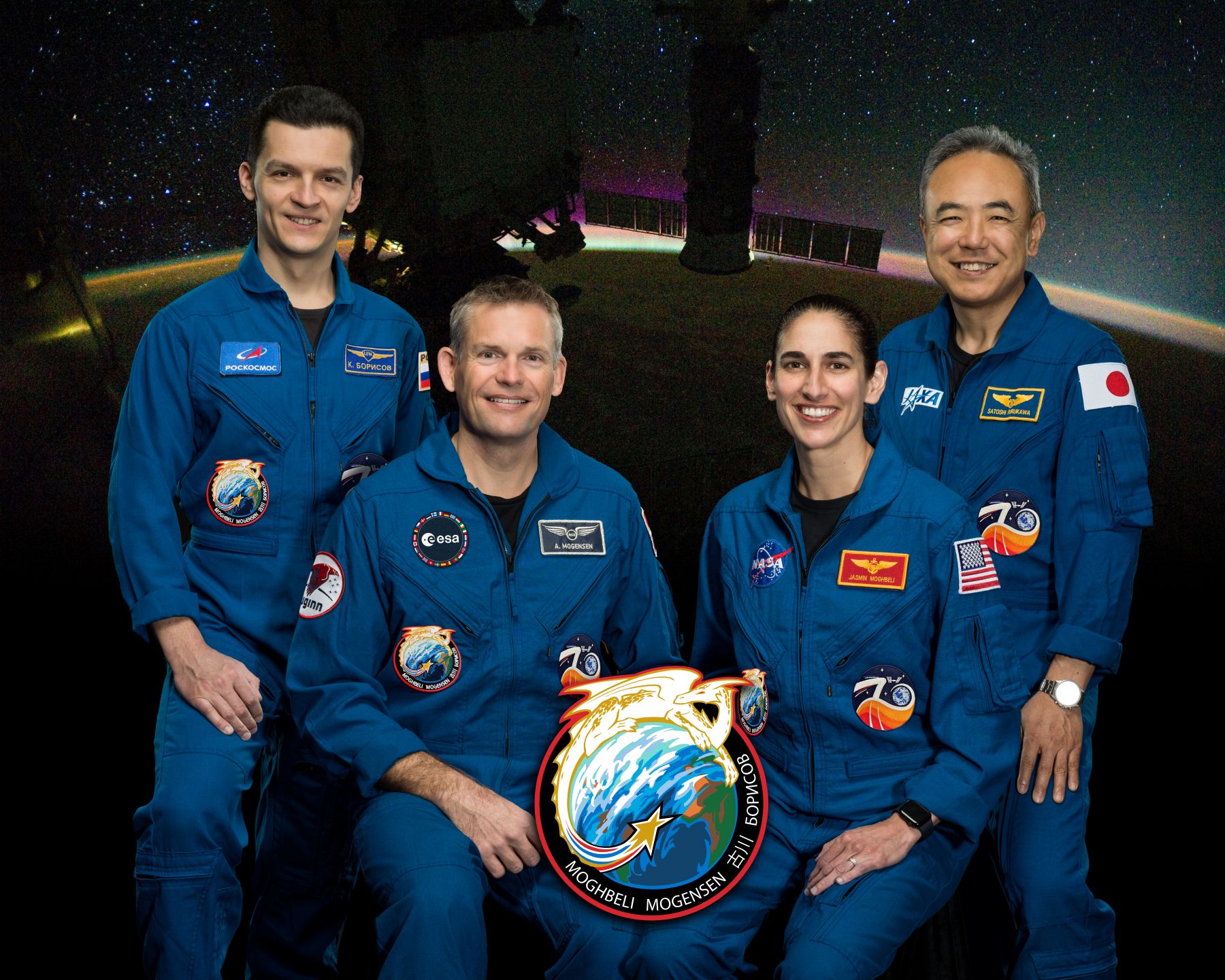
Students from North Carolina and Rhode Island will have separate opportunities next week to hear from astronauts aboard the International Space Station.
The two space-to-Earth calls will air live Wednesday, Sept. 13, and Thursday, Sept. 14, on NASA Television, the NASA app, and the agency’s website.
At 10:10 a.m. EDT Wednesday, Sept. 13, NASA astronaut Frank Rubio and ESA (European Space Agency) astronaut Andreas Mogensen will answer pre-recorded questions from students in Chapel Hill, North Carolina.
The event, hosted by Chapel Hill-Carrboro City Schools, aims to inspire underrepresented and non-traditional students to pursue science, technology, engineering, and mathematics pathways.
Media interested in covering the North Caroline event must RSVP no later than 5 p.m. Tuesday, Sept. 12, to Andy Jenks at 919-967-8211 or ajenks@chccs.k12.nc.us.
At 10:25 a.m. Sept. 14, NASA astronaut Jasmin Moghbeli and Rubio will answer pre-recorded questions from students in Rhode Island. The event, hosted by the Rhode Island Science Teachers Association, is part of a statewide Astronaut Exploration Lollapalooza aimed at connecting students with space research.
Media interested in covering the event must RSVP no later than 5 p.m. Sept. 13, to Cathy Jimenez Long at 401-447-5995 or clong@cpsed.net.
For more than 22 years, astronauts have continuously lived and worked aboard the space station, testing technologies, performing science, and developing the skills needed to explore farther from Earth. Astronauts living in space aboard the orbiting laboratory communicate with NASA’s Mission Control Center in Houston 24 hours a day through the Space Communications and Navigation (SCaN) Near Space Network.
Important research and technology investigations taking place aboard the International Space Station benefits people on Earth and lays the groundwork for future exploration. As part of Artemis, NASA will send astronauts to the Moon to prepare for future human exploration of Mars. Inspiring the next generation of explorers – the Artemis Generation – ensures America will continue to lead in space exploration and discovery.
See videos and lesson plans highlighting research on the International Space Station at:


